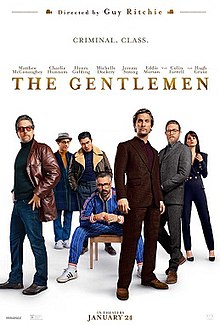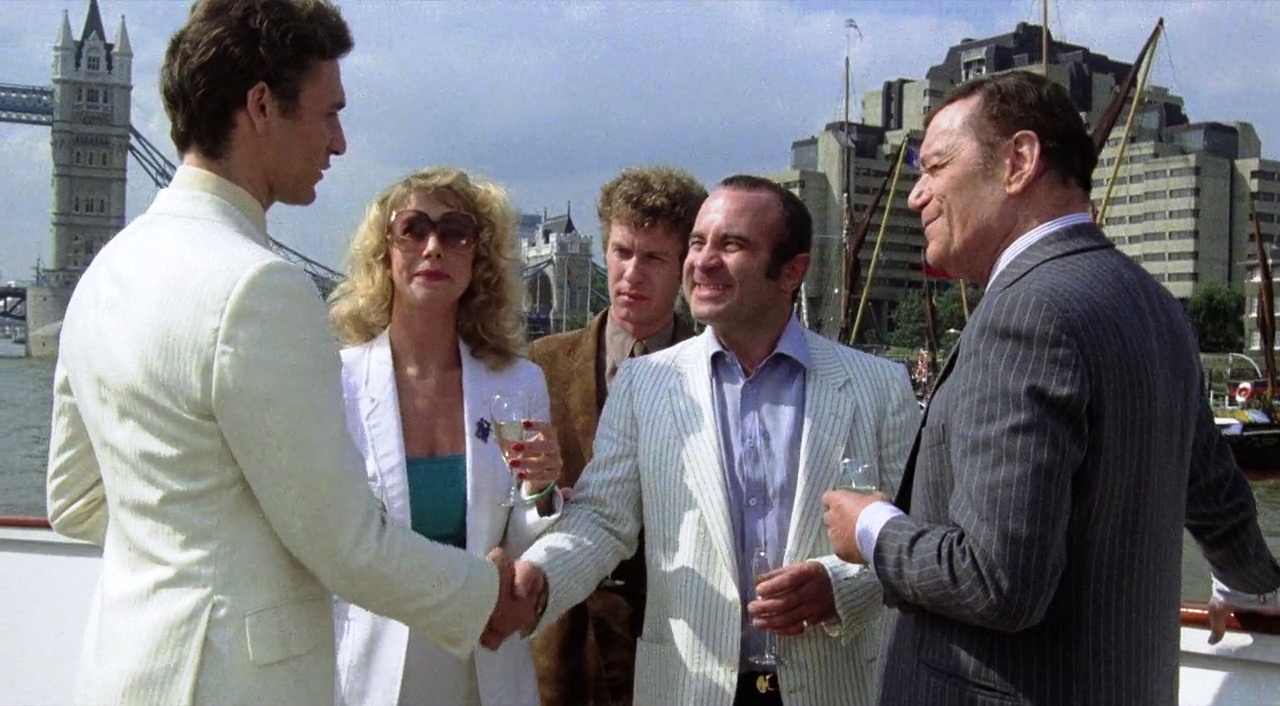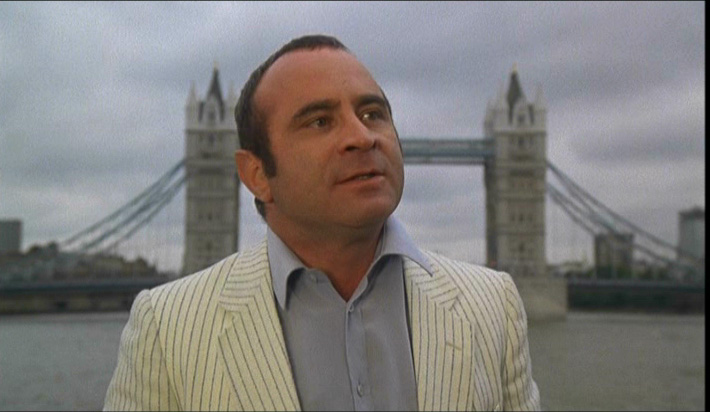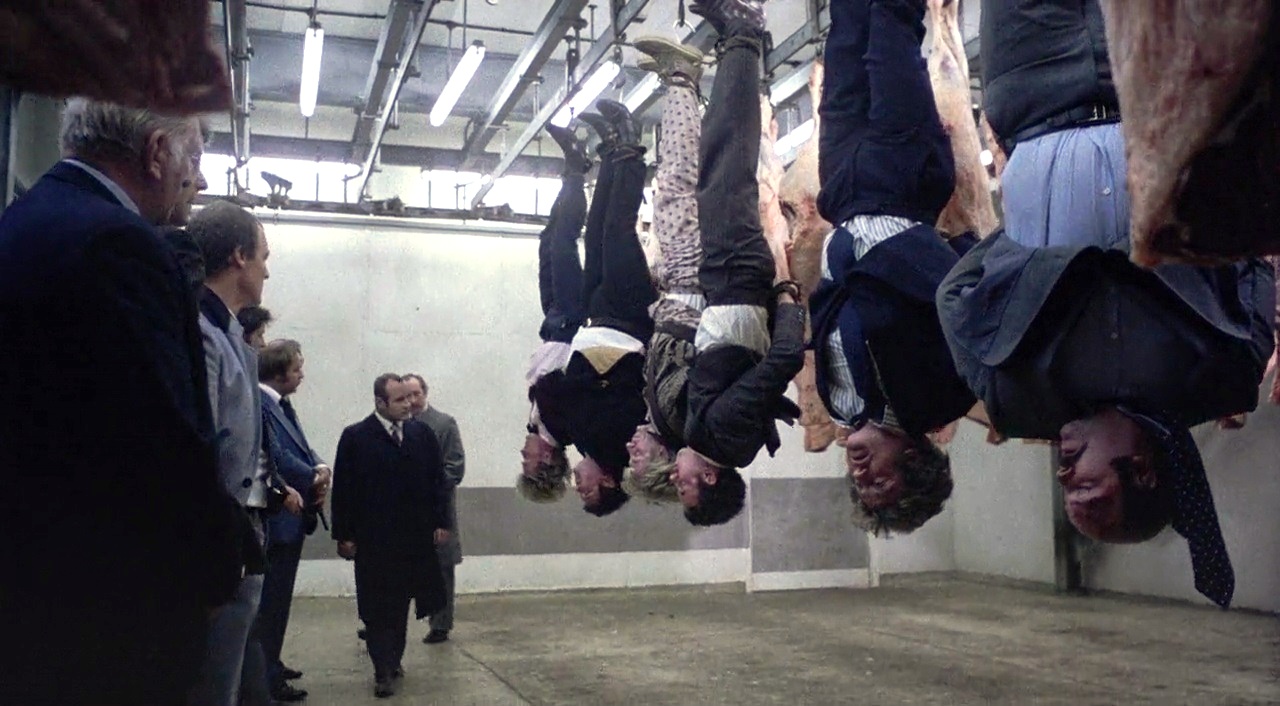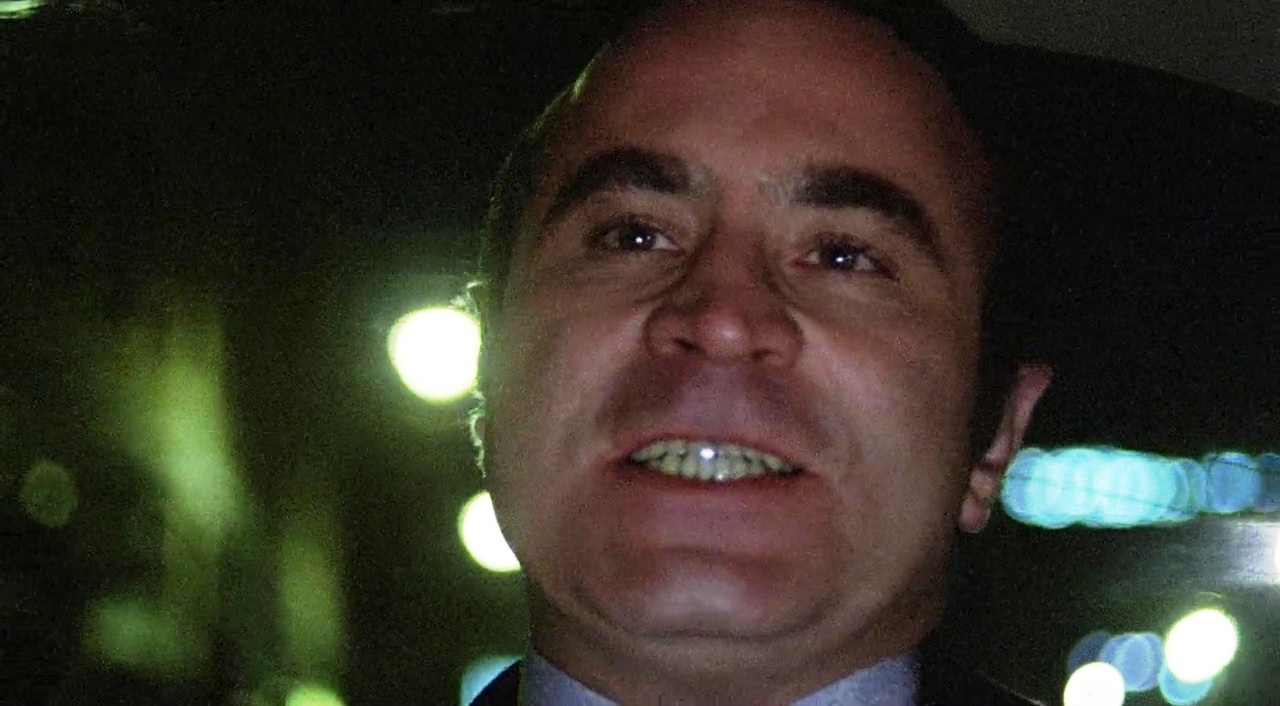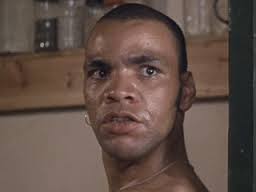- Joined
- Dec 12, 2009
- Messages
- 31,514
- Reaction score
- 9,066
NOTE to NON-MEMBERS: Interested in joining the SHERDOG MOVIE CLUB? Shoot me a PM for more info!
Here's a quick list of all movies watched by the SMC. Or if you prefer, here's a more detailed examination.

Here's a quick list of all movies watched by the SMC. Or if you prefer, here's a more detailed examination.

Our Director
John Mackenzie

A solid and reliable filmmaker with frequent flairs of brilliance, Mackenzie gave up a career in acting because of a desire to control what he was doing. He assisted Ken Loach on his classic early TV plays such as The Wednesday Play: Cathy Come Home (1966), which inspired him and gave him the best training a TV director could dream of. It also taught him how to work with local people when filming on location and how to work quickly. But his interest was more in storytelling than political filmmaking and he began directing himself, with fabulous results.
He made three features early in his career, the best being Unman, Wittering and Zigo (1971), a superb Hitchcockian thriller which proved his skill at suspense, something his no-one seemed to remember for another ten years. He returned to TV to enjoy the golden age on Play for Today (1970), and formed a fruitful collaboration with Scottish writer Peter McDougall for four brilliant films. The first, Play for Today: Just Another Saturday (1975), won the Prix Italia. Mackenzie also directed Dennis Potter's Play for Today: Double Dare (1976) superbly and produced a huge body of work including Play for Today: Red Shift (1978), Play for Today: A Passage to England (1975) and Play for Today: Shutdown (1973).
He always showed a brilliant ability to draw honest and natural performances from his actors, and frequently cast comedians or singers. He moved to features decisively with The Long Good Friday (1980) but a decade spent in Hollywood proved unfulfilling, artistically. Although he never achieved the recognition he richly deserved, Mackenzie was one of Britain's finest filmmakers.
Our Star
Mario Mario
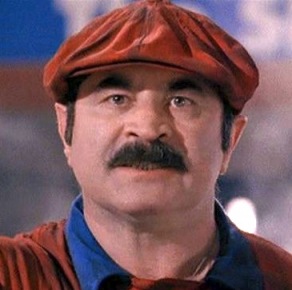

Film Overview
Premise: An up-and-coming gangster is tested by the insurgence of an unknown, very powerful threat.
Budget: $£930,000
Box Office: $???
Trivia
(courtesy of IMDB)
* Bob Hoskins' voice was dubbed over by a Wolverhampton actor, for fear Americans wouldn't understand his London accent. After Hoskins threatened to sue Jack Gill and British Lion (the original producers before HandMade bought the rights), the dubbing was removed. He was supported by Richard Burton, Sir Alec Guinness, and Warren Beatty.
* Credited theatrical movie debut of Pierce Brosnan (1st Irishman). His part was supposed to be completely silent, but he improvised one word of dialogue, "Hi".
* In her 2008 autobiography, "In the Frame: My Life in Words and Pictures", Dame Helen Mirren claims that it was at her insistence that her character "Victoria" was made into a more complex character than just the stereotypical mob moll.
* For his performance, Bob Hoskins received a fan letter from notorious London gangster Ronald Kray.
* In the car at the finale, Bob Hoskins was told that the camera would be on him for five minutes non-stop.
Members: @europe1 @MusterX @Scott Parker 27 @JayPettryMMA @Yotsuya @HARRISON_3 @Bubzeh @CHUTE_BOXE78 @the ambush @SalvadorAllende @The Big Babou @HenryFlower @Zer


